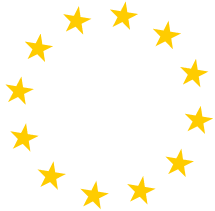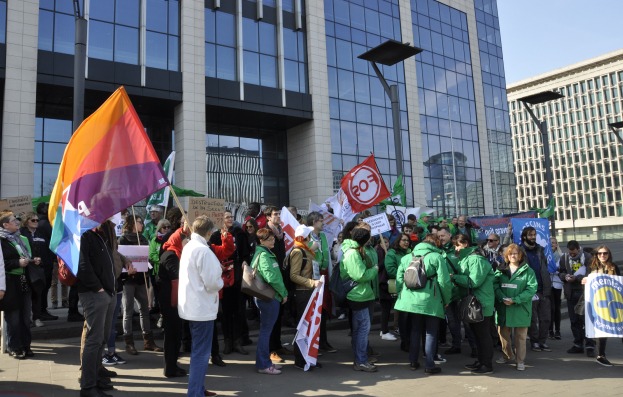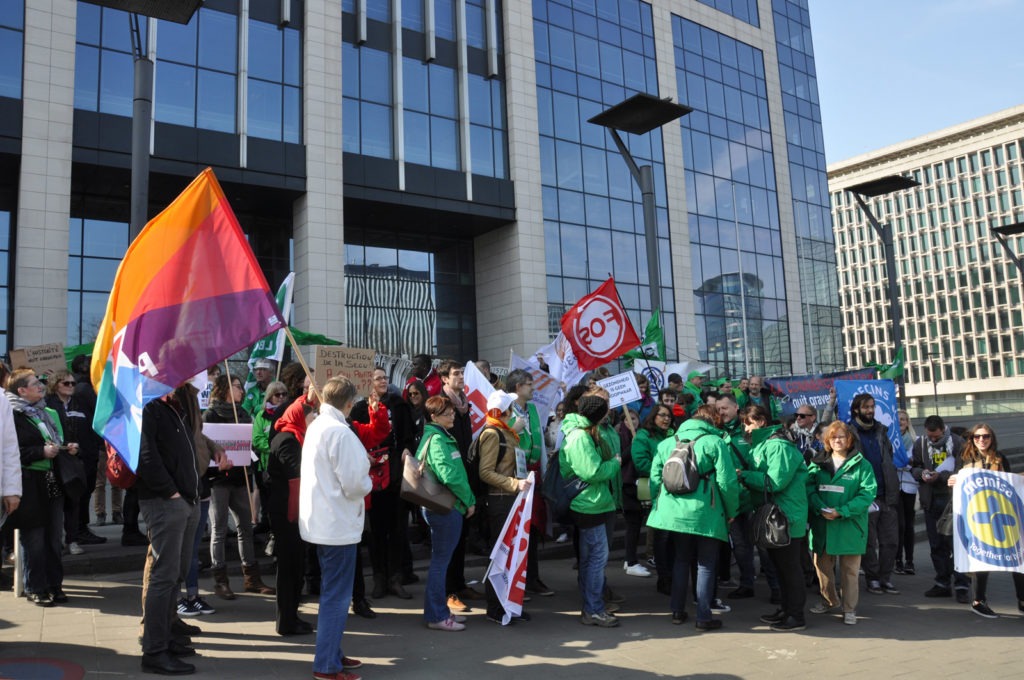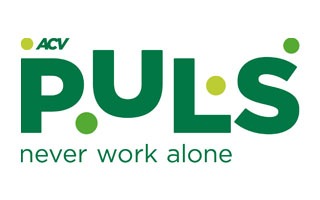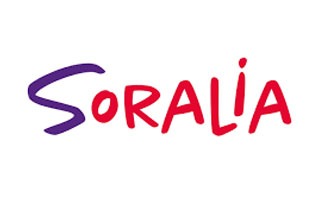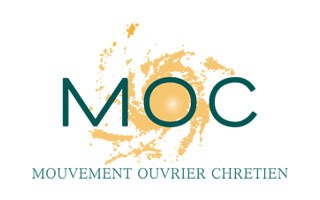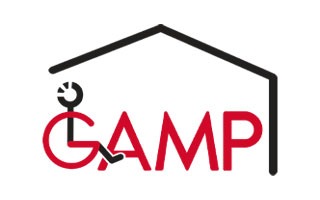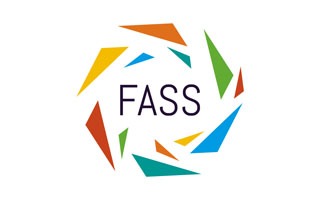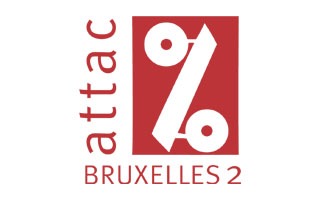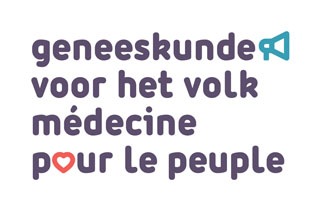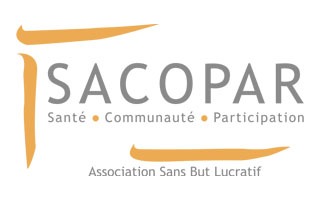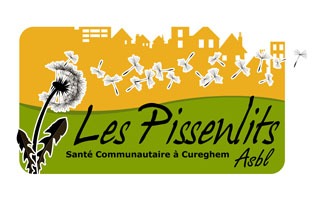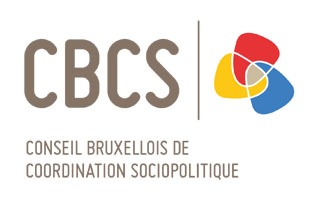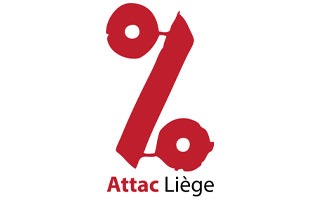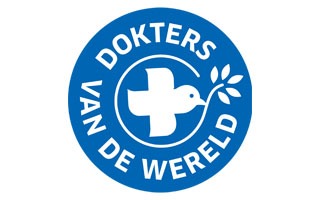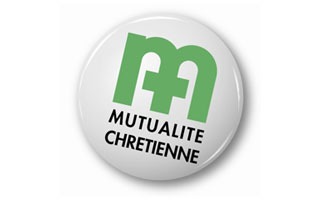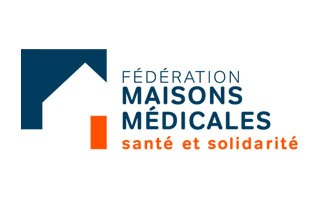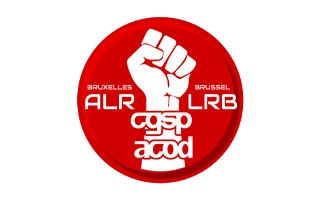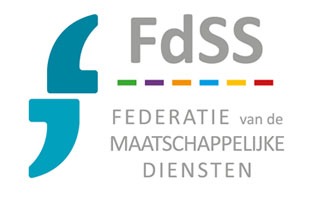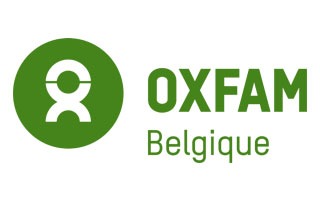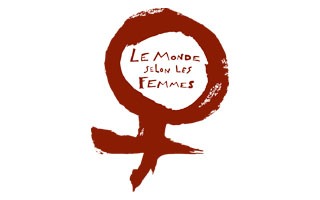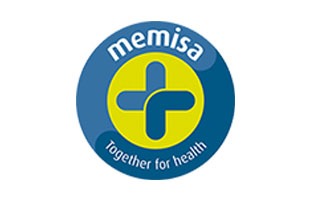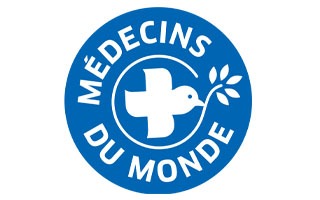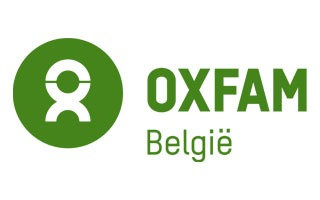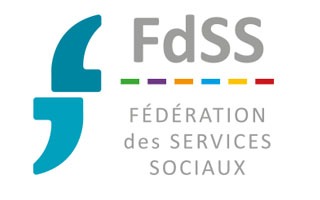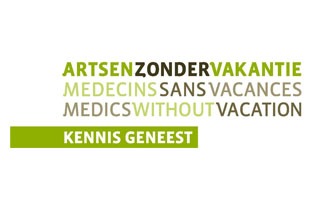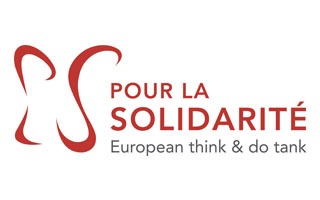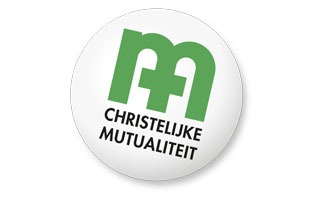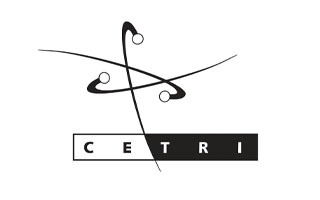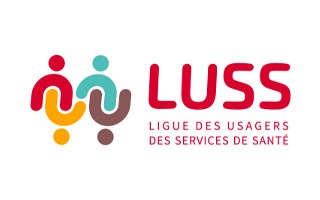The COVID pandemic has finally convinced even the most skeptical: public health must be a political priority. Submitting it to the laws of the market is a crime.
In the same way, nobody dares to say that public health is an exclusively national matter and that Europe has no competence in this area. However, current European policies are not fulfilling their role and are placing public health at enormous risk.
We are calling for a Europe that does not leave health in the hands of the market. On the contrary, we want it to strengthen health and social protection systems accessible to all: everyone must have the same opportunities to live in good health!
To make this possible, we have identified 7 European issues. We expect MEPs to defend them.
Let’s challenge them and mobilise to ensure that Europe meets people’s needs in the future.
Health before the market…let’s change Europe.

The 7 campaign themes
-
Sufficient public funding
-
Marketing pitfalls
-
Care for all
-
Our health belongs to us
-
Social inequalities and health
-
Big Pharma undermines health
-
Shortage of health personnel
Sheet 1: Good public health requires sufficient public/solidarity-based funding
Europe, through the budgetary imposes constraints on social protection and health budgets, which has caused a massive deterioration in people's state of health. These European pressures are pushing public or non-profit healthcare providers into budgetary strains. This is leading to a deterioration in the working conditions of healthcare staff and in having access to quality care for patients.
Private operators are taking advantage of this to attract solvent populations and profitable services. There is also a strong temptation for governments to transfer the healthcare financing to the private sector and make patients pay.
The pandemic has shown us how important it is to ensure that health issues take precedence over financial and economic interests. Yet Europe wants to reinstate the same budgetary constraints.
This topic interests you:
Sheet 2: Marketing is no solution for our health
The commercialisation of healthcare, to the detriment of a public or non-market system, taking many forms: sub-contracting, development of private insurance, social dumping, privatisation and competition, higher costs for patients, etc.
The selection of solvent patients and profitable treatments undermine the public or non-profit operators who ensure the universality and continuity of care. Immediate profitability and return on investment dictate the rules and prevent a longer-term, global vision.
As a result, healthcare then becomes a two-tier system in which only the rich benefit from quality care.
This topic interests you:
Sheet 3 : What's the point of having high-performance healthcare if it's only available to some?
While many European countries pride themselves on having a healthcare system at the cutting edge of medical technology, the proportion of people excluded from healthcare services is growing! There are various reasons for this trend:
The financial burden on the patient is too high.
- Health services have undergone restructuring and rationalisation and are increasingly remote.
- Waiting times are getting longer.
- The standardisation of treatment excludes populations that do not correspond to the national standard.
The shortage of healthcare staff is exacerbating this trend.
This topic interests you:
Sheet 4: Our health belongs to us! Health democracy is a key determinant of health.
The dogmatic nature of economic imperatives leaves no room for debate on health issues: decisions are taken primarily based on profitability and budgetary efficiency. In the face of financial imperatives, individual patient responsibility is developing rather than collective action on public health issues.
Prevention and the development of community health are seen as a costly investment therefore, receiving little support.
Finally, the pressure put on intermediary bodies (trade unions, NGOs, local associations, etc.) helps to distance the public from the health debate.
This topic interests you:
Sheet 5: Social inequalities play a decisive role in health expectancy.
Successive crises (pandemics, energy, climate, wars, migration, etc.) have accelerated the deterioration in people's health, particularly through these crisis negative impact on living conditions in terms of the environment, housing, working conditions, stress, and uncertainty about the future, etc.
The growing disparity between socio-economic classes has a direct impact on healthy life expectancy.
The decline in social protection mechanisms is excluding more and more people, families, etc. from decent living conditions.
Yet, when it comes to issues such as the environment, housing, employment, climate, etc., Europe cannot be solely blamed for them as it has important competences in these areas.
This topic interests you:
Sheet 6 : European medicines policy puts financial interests ahead of public health interests.
In a Europe of free markets, the pandemic has revealed the extent to which Western pharmaceutical companies can impose their interests in the face of major health challenges.
Patent protection, the absence of conditions attached to public subsidies and price-fixing mechanisms means that profits are privatised, with a significant proportion of research and development funding being passed on to governments (or their social security systems) and patients.
All too often, the pharmaceutical industry imposes its interests on genuinely innovative medicines, generic medicines, or medicines for rare diseases.
In many countries, shortages of certain medicines are by no means accidental. The countries of the South are also suffering from European protectionism in this area.
This topic interests you:
Sheet 7: The shortage of healthcare staff: working conditions and quality of care at risk!
Already under considerable pressure from the budget cuts that Europe has been demanding for years, the consequences of the pandemic have hit healthcare staff hard. Many professionals have fled the sector. Unfortunately, the lessons of this pandemic have not been learned.
In professions predominated by women, working hours have become so arduous and unpredictable that it is impossible to balance the demands of social and family life with such a profession in the long term.
The shortage of skilled workers is worsening due to poor working conditions and lack of ethical career prospects for young people, creating a vicious cycle. In their efforts to address the issue, the poorest nations often experience a double penalty; countries with better salaries quickly poach staff, regardless of the impact on local healthcare systems.
This topic interests you:
Campaign news
Below you will find information on the activities carried out at the European level or in one of the participating countries as part of the campaign.
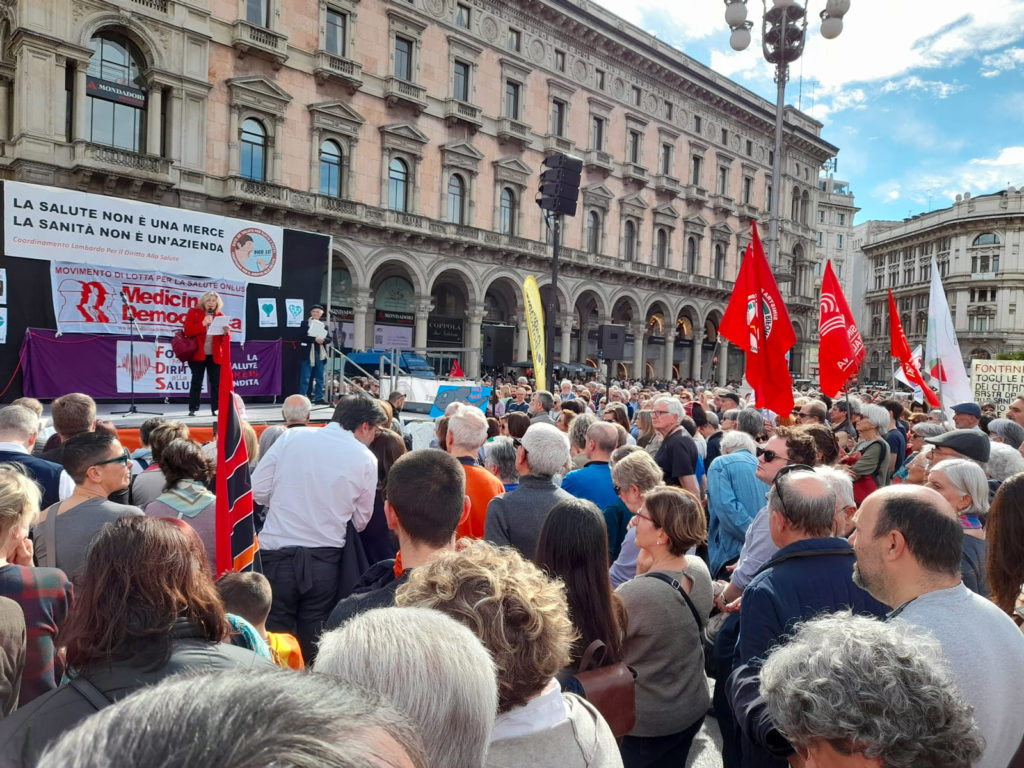
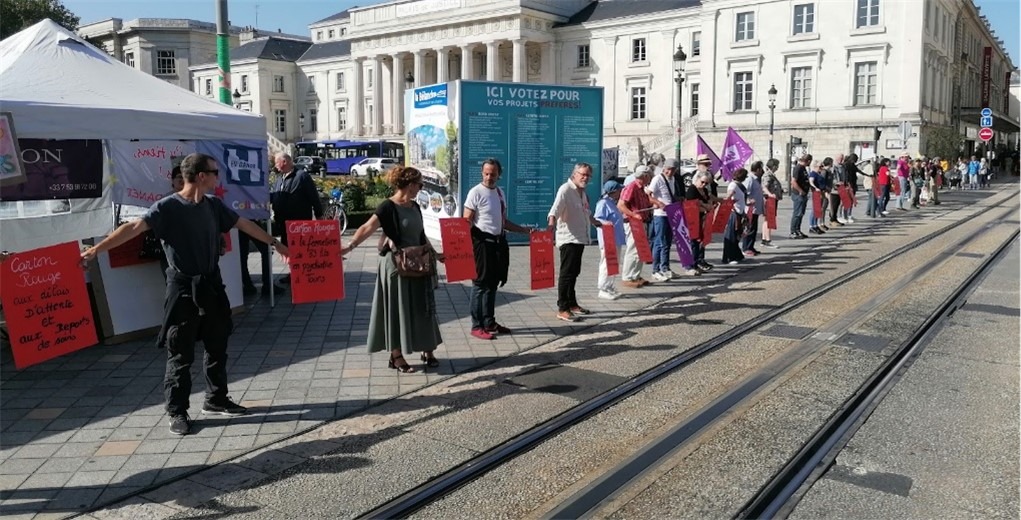
In practical terms, the Campaign means
- Each country prioritises the issues and launches its campaign to challenge the parties, MEPs, and candidates.
- Questioning the European parliamentary groups
- Mobilisation for the European demonstration on 07 April
- National and decentralised actions
- European demonstration on 7 April in Brussels
- Conference at the European Parliament on 8 April
- Pressure on candidates and European parliamentary groups to obtain as many commitments as possible on as many issues as possible
- Monitoring parliamentary positions and initiatives
Would you like to stay informed?
Leave us your contact details. You will receive news about the Campaign in a way that respects your personal data (RGPD).
Mark your calendars!
The campaign is underway... next events scheduled

Who are we?
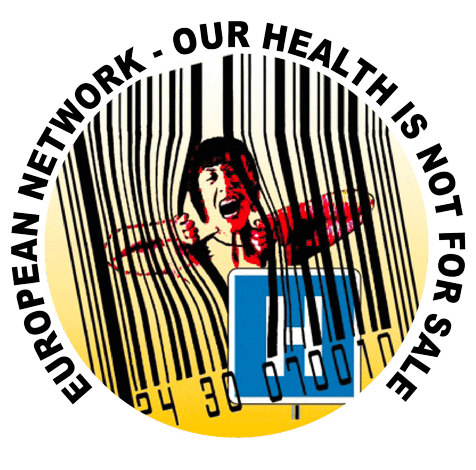
The "European Network: Our Health is not for sale" is a de facto European association. Created in 2012, the "European Network against the Privatisation and Commercialisation of Health and Social Protection" is made up of organisations from various European countries that subscribe to the principles set out in a declaration adopted at a meeting in Warsaw in 2012.
The objectives of the Network are :
- shared analysis and demands (universal access; free access; democratic definition of needs; public and/or solidarity-based funding)
- enable Network members to share their analyses and practices
- raise awareness in civil society based on the experience of its members
- mobilise the players involved in defending health and social protection.
For nearly 10 years, the Network has been organising a European day against the commercialisation of health around 07 April (World Health Day), with events, decentralised actions, conferences, etc. In addition to raising awareness and mobilising at a national level, it regularly calls on MEPs and the Commission to address public health issues.
The Network has recently adopted its new name: "European Network: Our health is not for sale".
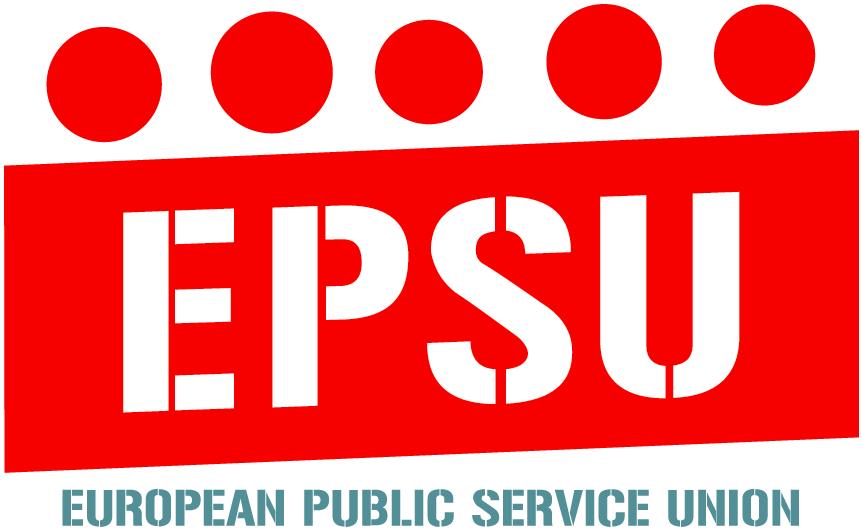
EPSU is the European Federation of Public Service Unions. It is the largest of the ETUC's member federations. Eight million public service workers from more than 260 trade union organisations are members. EPSU represents workers in the energy, water and waste, social and health services, and local and national government sectors in all European countries, including those in the EU's eastern neighbourhood. EPSU is the recognised regional organisation of Public Services International (PSI). Its website: www.epsu.org
The health and social care sector is vast and diverse. It encompasses a wide range of services, including hospitals, childcare, community health services, social work, and care homes for the elderly and disabled. EPSU represents health and social care workers across Europe, including nurses, care assistants, midwives, doctors, social workers, laboratory staff, hospital cleaners, and medical secretaries. We work in public, not-for-profit and private services.
EPSU is the recognised European social partner organisation for hospitals and healthcare workers throughout the European Union.

The People's Health Movement (PHM) is a global network of health activists, civil society organisations and academic institutions from all over the world, with a particular focus on the Global South. It is currently present in nearly 80 countries.
PHM bases its work on the People's Charter for Health, itself largely inspired by the Alma Ata Declaration: health is a social, economic, and political issue, but above all a fundamental human right. PHM works on a range of programmes and activities and is committed to developing comprehensive primary healthcare and tackling the social, environmental, and economic determinants of health.
For several years, the European branch of PHM has been co-organising actions around 07 April, the European day against the commercialisation of health.
Links :
MPS - https://phmovement.org/fr/home-fr
Charter - https://phmovement.org/fr/node/3235
Are you an organisation or association?
Various forms of support are available.
The « Health before the market… let’s change Europe » campaign can only be a success if we broaden the perspectives and angles through which we all engage with health issues—whether it’s work, gender, environment, illness, social protection, development, climate, peace, migration, poverty, …. Through your organisation/association, you can contribute expertise, awareness-raising capacity, pressure, mobilisation, etc.

A CAMPAIGN OF








